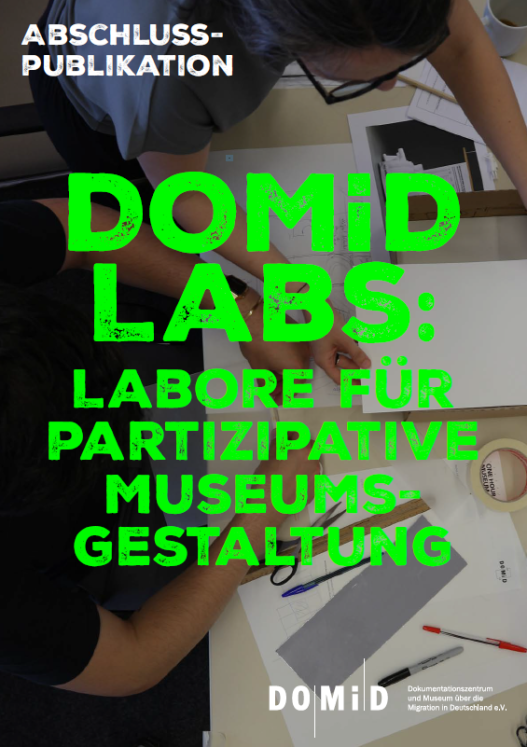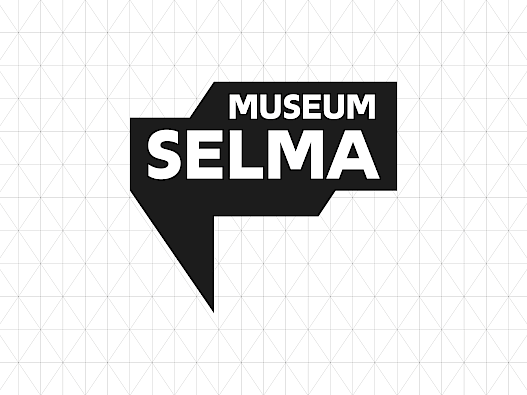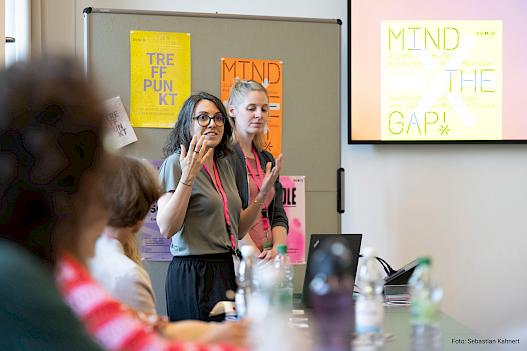COMCOL Conference 2023: Living Collections, Living Communities – Contemporary Practices of Care in Collecting
This year's COMCOL conference took place in Taipei (Taiwan) from 24th to 27th October 2023 in cooperation with the Chinese Association of Museums (CAM). Sandra Vacca, project manager of DOMiDLabs and board member of COMCOL, helped shape the diverse conference programme together with international colleagues.
The International Committee for Collecting, COMCOL for short, is a platform for professional exchange on collections (tangible and intangible) and on collecting practices in general. The committee, which has around 500 members, deals with theoretical, practical and ethical aspects of collecting work, including issues relating to contemporary collecting, the restitution of cultural artefacts and much more. COMCOL's work strengthens international networks among museum professionals and thus fosters innovation in museums.
Every year, COMCOL organises an international conference at different locations, at which its members enter into dialogue. The starting point for this year's conference, entitled Living Collections, Living Communities - Contemporary Practices of Care in Collecting, was the current ICOM definition of a museum. The definition emphasises both the social role of museums and its involvement in and with diverse societies. It recognises existing practices and provides new perspectives and possibilities.
COMCOL Museum Definition
A museum is a not-for-profit, permanent institution in the service of society that researches, collects, conserves, interprets and exhibits tangible and intangible heritage. Open to the public, accessible and inclusive, museums foster diversity and sustainability. They operate and communicate ethically, professionally and with the participation of communities, offering varied experiences for education, enjoyment, reflection and knowledge sharing. Source: icom-deutschland.de
But what does all this mean for the act of collecting and the handling of collections? What ethical aspects need to be considered? How can collecting practices promote the well-being of people and societies? The conference participants addressed these and other questions on the basis of international case studies. In this context, Sandra Vacca moderated an Interactive Session and a panel on Migration Conversation. Participants in this were: Hsuwen Yuan (Research Assistant, National Taiwan Museum), Tzu-I Chung (Curator, Royal British Columbia Museum) and Pao-Ning Ying (Professor, National Taiwan University of Arts). The conference programme was topped off with visits to the National Taiwan Museum and the National Palace Museum as well as the Lanyang Museum and the National Center for Traditional Arts (NCTA).



